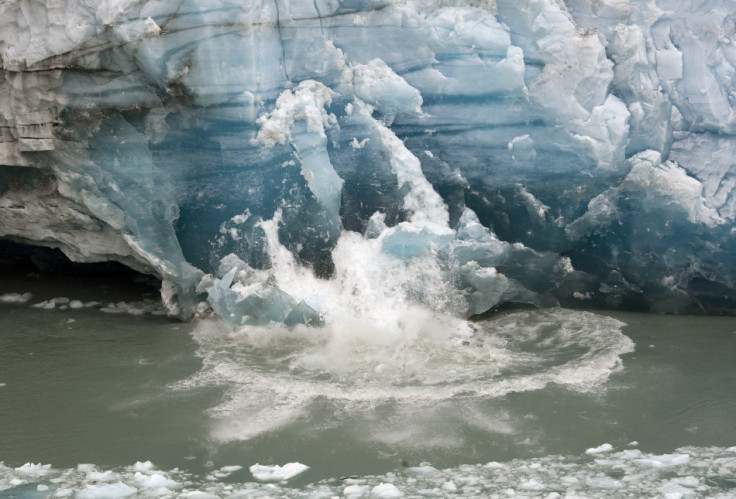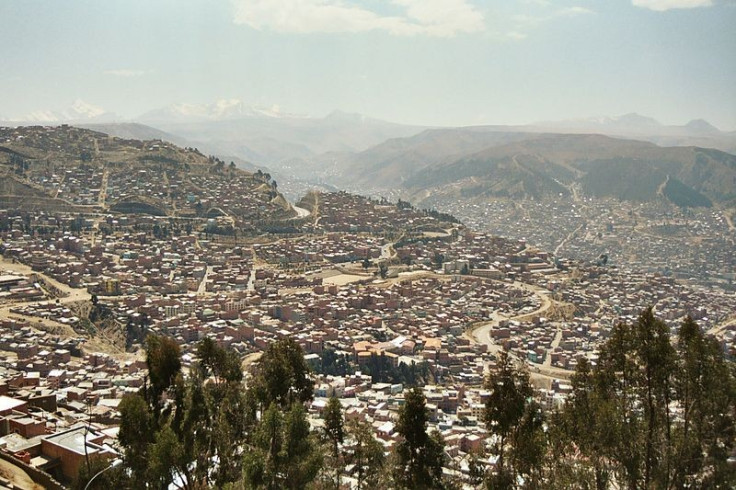Andes Glaciers to Disappear in Decades: Chronic Water Shortages Predicted

Hundreds of thousands of people will be left with water shortages when glaciers in the Andes disappear in the coming decades.
Tropical glaciers in the area have been retreating at an increasing rate over the last 40 years and they could be gone in half that time, scientists predict.
Research published in The Cyosphere, the journal of the European Geosciences Union, says climate change is causing the glaciers to melt; the region has warmed by 0.7°C in the past 50 years.
Around 99 percent of the world's tropical glaciers are located in the Andes, with most of them in Peru.
Their disappearance will affect the water supply to the Andean populations, with people living in the Santa River valley in Peru worst affected.
Lead author Antoine Rabatel, researcher at the Laboratory for Glaciology and Environmental Geophysics in Grenoble, France, said that while glaciers have been melting everywhere, over the past few decades the rate of melting has increased markedly in the Andes.

"Because the maximum thickness of these small, low-altitude glaciers rarely exceeds 40 metres, with such an annual loss they will probably completely disappear within the coming decades," he said.
The glaciers have lost around 1.35 metres in ice thickness every year since the 1970s - twice the rate of glacial recession in higher altitudes.
"The ongoing recession of Andean glaciers will become increasingly problematic for regions depending on water resources supplied by glacierised mountain catchments, particularly in Peru," Rabatel continued.
People living in the Santa River valley rely on glacier water for agriculture, domestic consumption and hydropower.
Alvaro Soruco, a Bolivian researcher, said the city of La Paz in Bolivia will also be badly affected: "Glaciers provide about 15 percent of the La Paz water supply throughout the year, increasing to about 27 percent during the dry season."
The study was conducted to find potential causes for the glaciers melting - which was determined as climate change. However, the authors also hope it will impact on environmental policy.
Rabatel said the research has been published ahead of the next Intergovernmental Panel on Climate Change report, which is due to be released in March.
"This study has been conducted with scientific motivations, but if the insight it provides can motivate political decisions to mitigate anthropogenic impact on climate and glacier retreat, it will be an important step forward," he said.
© Copyright IBTimes 2025. All rights reserved.






















